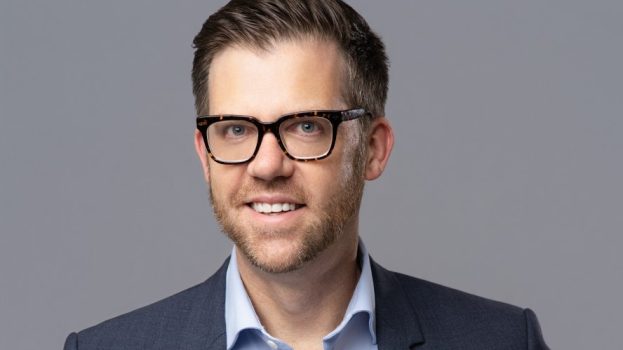MedicAlert is hoping its new positioning speaks to donors, in this, the biggest campaign the organization has ever done.
The nonprofit is known for its iconic bracelet IDs, which ensures emergency responders and healthcare workers have the information needed to properly treat someone if a loved one or caregiver isn’t around during an emergency.
But Leslie McGill, president and CEO of MedicAlert Foundation Canada, tells strategy MedicAlert’s biggest challenge is that it’s “a brand that’s well known, but not known well.” To children of the 70s and 80s, it’s a bit more familiar, thanks to a series of campaigns when it was endorsed by multiple celebrities, but younger potential donors are less familiar with MedicAlert or what it offers. Even with those who know the brand, the search for donors has still become a bit more elusive, especially in a COVID environment which is seeing donations to charities of all stripes dip.
“Sometimes our value proposition is complex for people to understand,” McGill admits. So, it tasked agency partner Gene to hone in on a simple and easy and clean way to deliver the MedicAlert message in a single sentence.
The result is colourful, text bubbles reminiscent of messaging on a smartphone and are representative of the kinds of conversations caregivers have – with the pendant on a MedicAlert bracelet blocking out words like “not” and “never” to show that it offers peace of mind they might otherwise lack. The tagline sums up the approach, which communicates that MedicAlert is not meant to replace caregivers, but give them confidence when they can’t be around: “speaks for your loved ones, when you can’t.”
“I call it my ‘tingle metre,’ and I got chills from this,” McGill says of the campaign, which combines the emotional with the practical considerations caregivers and family members often keep top-of-mind. “One of the things you see in healthcare and not for profit marketing is the tug at the heartstrings pictures of people with specific health conditions, and we were really looking at something that would distinguish us from a sea of similar.”
As part of the “Speak Up” campaign, MedicAlert is also spotlighting subscribers, first responders and brand ambassadors in a social media campaign to reach younger donors who may not be familiar with the organization.
MedicAlert has been working with Gene for roughly one year, a partnership that came about shortly after the pandemic began when the organization noticed a staggering drop in donations and began the search for a pro-bono partner to help reverse the trend.
One of the major conversations since then has been around channel selection. Over the last six or seven years, MedicAlert had gone increasingly digital with its message, but McGill says it’s trying to reach women, people on-the-go and those making household health need decisions, and reaching them through more traditional media was a strong play for the organization. So, the “Speak Up” campaign also features radio commercial spots, in addition to digital and social content.

























